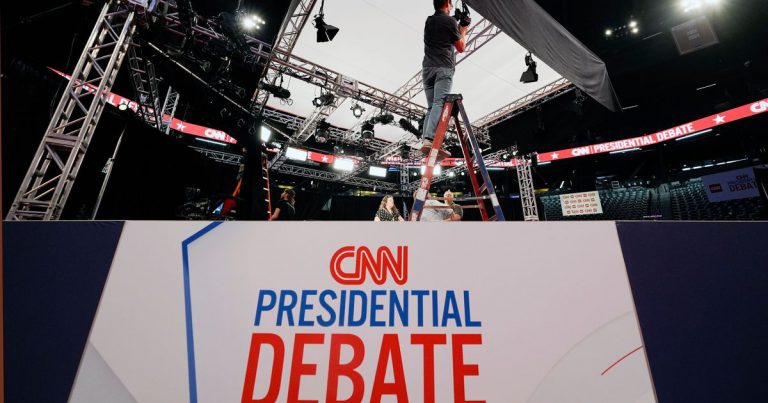Simplify Tax System using Ending Trump Tax Cuts
The upcoming expiration of the $4.6 trillion in tax cuts presents a unique opportunity to overhaul the U.S. tax system, according to more than 100 progressive and economic groups. In an open letter to party leaders and key tax writers on Capitol Hill, these groups emphasized the importance of addressing long-standing issues within the tax code.
Among the signatories of the letter were prominent organizations such as the AFL-CIO, the Center for American Progress, the NAACP, and Groundwork Collaborative. They called for comprehensive tax reforms, including corporate tax revisions, to counter the trend of tax cuts favoring the wealthy and corporations over the years.
The 2017 tax cuts, passed by a Republican-led Congress and President Donald Trump, encompassed both corporate and individual tax reductions. The Congressional Budget Office’s recent report highlighted that extending the lower individual rates alone would result in a loss of $3.3 trillion in revenue over a decade, with an additional $467 billion in interest costs. When combined with other household provisions, the total revenue loss reaches $4.4 trillion, while extending a few expiring business breaks would bring the total to $4.6 trillion.
Due to congressional budget constraints, the full tax package could not be made permanent, leading to some cuts being designated as temporary. The strategy behind this approach was to pressure lawmakers into extending these provisions to avoid their expiration. This tactic, known as the “fiscal cliff” episode, echoes the actions taken by President George W. Bush in 2012.
The coalition of groups emphasized the need for increased tax contributions from wealthy households and corporations, suggesting that overall tax revenues should exceed the amount generated by the expiring provisions. They advocated for a tax overhaul that promotes sustainability and equity within the tax code, aiming to reverse the downward trend in revenue over the past 25 years.
Michael Linden, a former executive associate director at the White House Office of Management and Budget, pointed out that the decline in revenue has hindered fiscal sustainability, jeopardizing investments in crucial areas like Social Security and Medicare. While President Trump has expressed interest in further corporate tax cuts and household reductions, deficit hawks view the expiration of the 2017 tax law as an opportunity to enhance revenues and reduce the government’s budget deficit.
Bharat Ramamurti, former National Economic Council deputy director under President Biden, highlighted the lack of consensus among the groups regarding the allocation of new revenues from a tax overhaul. While some advocate for funding new initiatives, others suggest using the funds for deficit reduction.
As the nation prepares for another presidential election showdown in 2024, our journalists at Boston Post News continue to provide comprehensive coverage of this historic event. We rely on reader support to deliver investigative reporting, in-depth analysis, and timely updates that are crucial in today’s political climate.
Your contributions play a vital role in upholding a free press and ensuring that we can fulfill our journalistic responsibilities. As we navigate the complexities of this election season, we deeply appreciate your loyalty and support.
If you believe in the importance of independent journalism and want to aid us in this critical moment, please consider making a donation to help fund our news coverage. Your support enables us to uphold journalistic integrity and deliver the news that matters most to our readers. Thank you for being a valued part of the Boston Post News community.








